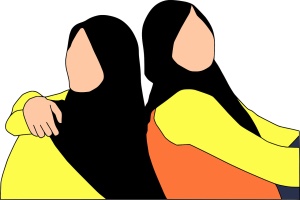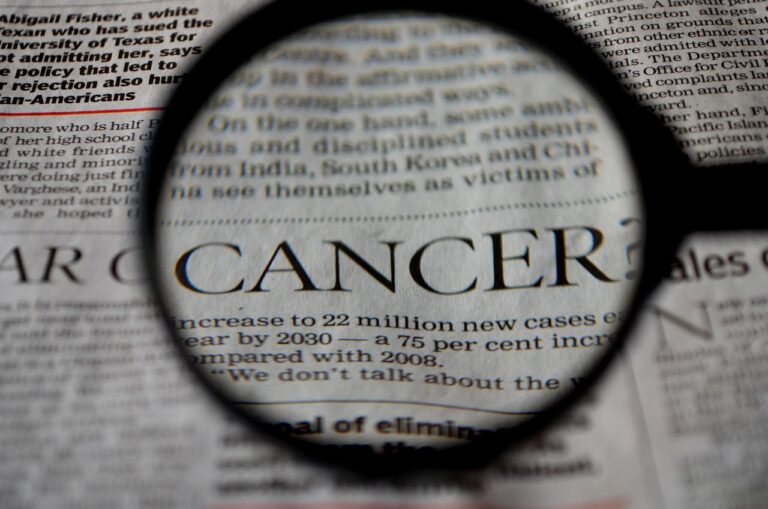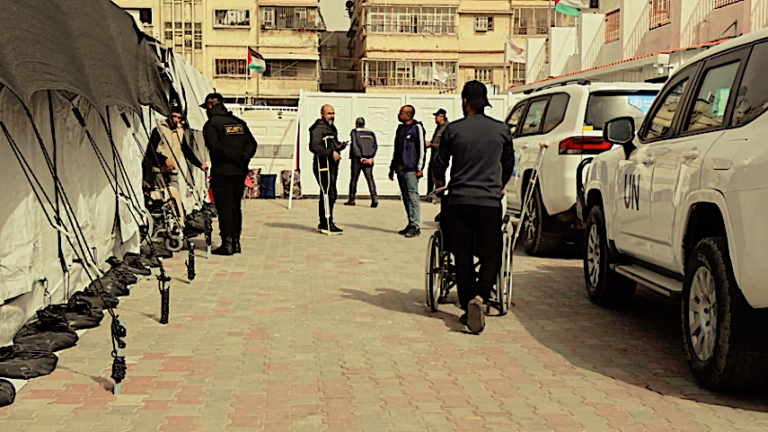
 By Shankar Raj*
By Shankar Raj*
Bengaluru: In defiance of a High Court interim order asking school students in Karnataka to refrain from wearing any religious symbols like the hijab or scarves to their institutions, students in large numbers today turned up wearing hijab to schools. They were turned back by the school authorities even as there is an indication that the hijab row is only flaring up.
A final order from the High Court is yet to come as the petitioners were not able to complete their submissions and the full bench headed by the Chief Justice adjourned the case to Thursday, February 17, 2022.
On Wednesday, senior advocate Ravi Kumar Varma widened the scope of the case by pointing out to the bench that the hijab was being singled out when there were “hundreds of religious symbols from dupattas, bangles, turbans, crosses and bindis” worn by people every day.
“I am only showing the vast diversity of religious symbols in all sections of the society. Why is the government picking on hijab alone and making this hostile discrimination? Bangles are worn? Are they not religious symbols? Why are you picking on these poor Muslim girls?” he said.
“This is only because of her religion that the petitioner is being sent out of the classroom. A bindi wearing girl is not sent out. A bangle wearing girl is not. A Christian wearing a cross is not touched. Why only these girls? This is a violation of Article 15 of the constitution,” Kumar said.
“Ghoongats are permitted. Bangles are permitted. Why only this (Hijabs)? Why not the turban of a Sikh, the cross of the Christians?” he said.
Also read: Karnataka minister says students can wear dress of their choice in colleges
“No other religious symbol is considered… Why only hijab? Is it not because of their religion? Discrimination against Muslim girls is purely on the basis of religion and hence hostile discrimination,” Kumar argued.
Meanwhile, for the first time, the hijab row affected the working of Government Composite Urdu High School in the Udupi district. Students wearing hijabs were separated from their classmates, media reports from the region said. This was for the first time when girls, all from classes 8, 9, and 10, were asked to remove their hijab in a minority Urdu school.
There were widespread protests by Muslim girl students and some parents in about 50 government high schools in different parts of the state. They wanted to be allowed to attend classes wearing hijabs.
The flare-up of the hijab row where even parents are joining students in drumming up protests has made the government suspect that vested interests were fanning the row.
The meteoric rise of the minority-dominated Social Democratic Party of India (SDPI), backed by the Popular Front of India (PFI) and Campus Front of India (CFI), is beginning to give the Karnataka government a political headache.
Without naming any organisation, Home Minister Araga Jnanendra said he had directed authorities to initiate legal action against any religious outfit attempting to break society and corrupt students. “Some religious organisations are using students to try to divide society. Instructions have been given to identify them and initiate appropriate legal action against them,” he added.
He also claimed that not all, but a few students, were insisting that they be allowed to go to the school wearing the hijab. “In my view, it is not their (students’) natural view (insisting on wearing the hijab),” he said.
A senior home department official was quoted in the media as saying that the SDPI, PFI and the Campus Front of India together have over 1 lakh members and sympathisers, state-wide presence and hard-line core cadres. This matter has already been circulated in the PMO, the National Security Council Secretariat and the home ministry, based on a report from the NIA.
All India Bar Association moves an application of intervention

In the meantime, the All India Bar Association today moved an application of intervention (IA) in Karnataka High Court, which is hearing several pleas into the hijab row. The application was moved by Dr Adish C. Aggarwala, Senior Advocate, as Chairman of the All India Bar Association.
The plea stated that there had been a growing demand of following non-essential religious practices at Educational Institutions by the students which as per the Applicant was against the secular structure of Indian Educational Institutions. It said the right to establish, manage and administer an institution is a Fundamental Right arising from Article 19 of the Constitution of India and further same has been upheld by various decisions of the Supreme Court.
The petition further stated that it was necessary for students in a secular educational institution to be dressed in a uniform prescribed by the said institution and not wear any clothes that may overtly be suggestive of their religion. This was also to ensure that there was no inequality amongst anyone and there is no display of wealth or lack of it in the clothes.
It also stated that even Muslim majority countries like Chad, Congo, Cameroon, Guinea, Kosovo, Azerbaijan, Tunisia had banned the “Niqab” in educational institutions. Even Islamic nations like Egypt and Syria banned “Niqab” (the full Islamic veil that reveals only a woman’s eye) in educational institutions.
European countries like Austria, Belgium Bulgaria, Denmark, France, Italy, The Netherlands and Switzerland had banned “Hijab” in order to uphold secular values, it said.
It stated that the petitioners were making false claims about the way they were using the headscarf (Hijab). “Now, it is being used for not only covering the head but also most of the face. The purpose of the Hijab, even, as per Muslim perception is to cover the head and not the face. The photos and videos which are viral in newspapers and social media depict that the Muslim girl students are wearing Hijab covering faces and Niqab ( and nobody can recognise them) in the premises of educational institutions which should not be permitted as the same is against the secular structure of the educational institutions,” the AIBA stated. It noted that by the passage of time, Muslims had changed their rituals and had left so many religious practices as those practices were hampering their prosperity. “This is the right time that Muslim clergy comes out suggesting the change of stitching of Hijab/Niqab etc so that the face is not hidden,” Dr Adish Aggarwala added in his intervention petition.
That although students are not having the right to wear their religious dress in schools that are not run by their religion, even if Court comes to the conclusion that they have the right to wear Hijab etc. in educational institutions, then keeping in view that the students have signed the undertaking at the time of taking admission, that they will adhere to institution’s dress code, by this consent, they lose their right, Dr Aggarwala added in the petition.
It is, therefore, necessary for the Government to step in and ensure that all students, irrespective of any religion, wear the school uniform, in order to uphold secular values in India as India is a secular country, the plea read.
– with additional inputs from the global bihari bureau
*Shankar Raj is former Editor of The New Indian Express, Karnataka and Kerala, and writes regularly on current affairs.





